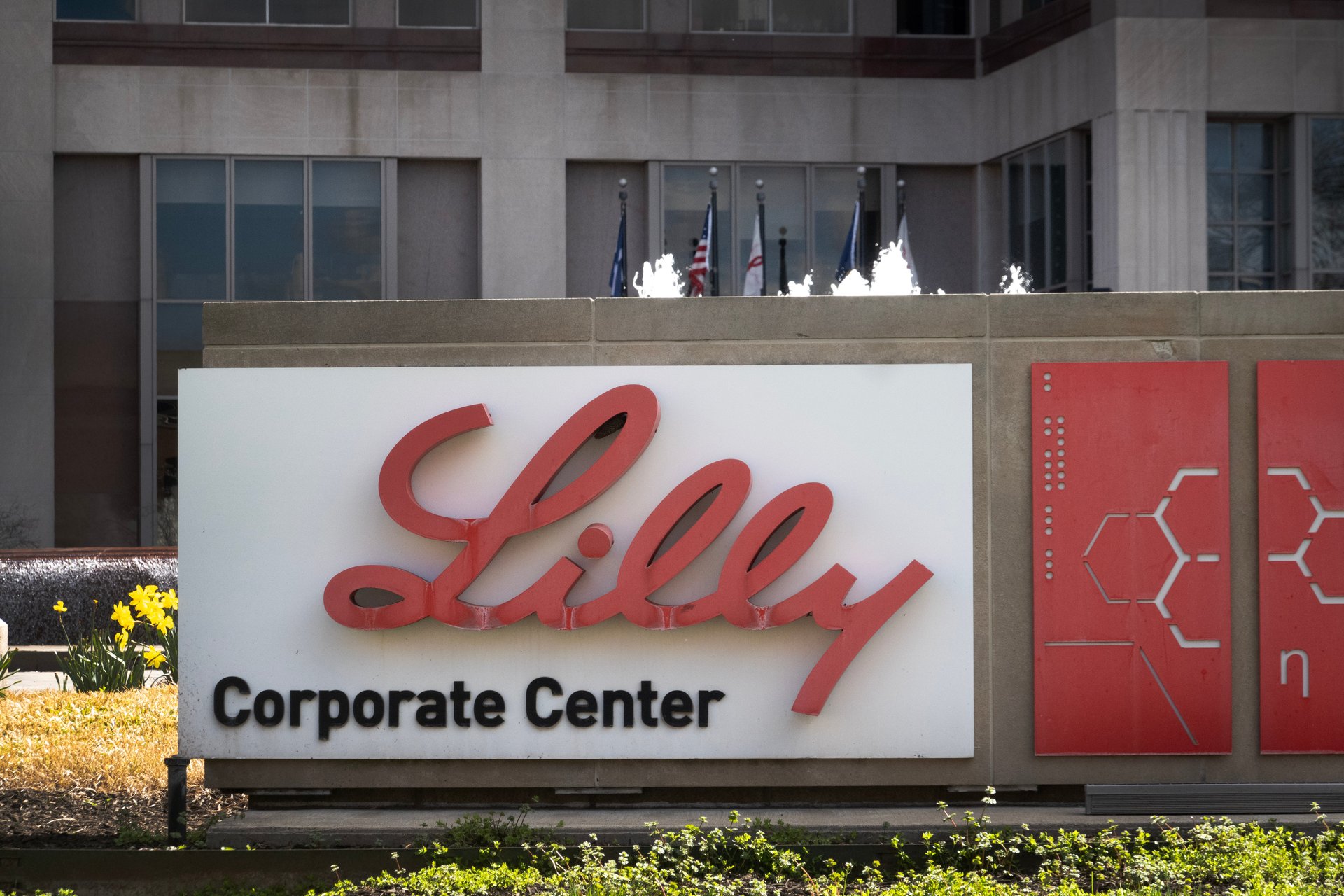Eli Lilly says experimental insulin could mean 313 fewer injections per year
The pharma giant known for its diabetes and weight loss medications shared results of additional late-stage clinical trials for its long-acting insulin

A new experimental insulin could some day reduce daily injections to weekly ones for people that depend on the life-saving drug.
Suggested Reading
Eli Lilly announced positive results on Thursday of its latest phase 3 clinical trails, QWINT-1 and QWINT-3, for its weekly insulin efsitora. The new results added to the evidence that the company’s long-acting insulin is just as effective as traditional daily doses for people with type 2 diabetes.
Related Content
“Many patients are reluctant to start insulin because of the burden it places on them,” said Eli Lilly senior vice president Jeff Emmick said in a press release. “With a simple fixed-dose regimen, once-weekly efsitora could make it easier for people with diabetes to start and manage insulin therapy, while reducing the impact it has on their day-to-day lives.”
Eli Lilly said today that type 2 diabetes patients in the QWINT-1 trial who were taking insulin for the first time saw their A1C levels drop an average of 1.31% after 52 weeks on fixed-doses of efsitora. For comparison, patients in the trial taking daily insulin saw their A1C levels fall 1.27%. A1C tests measure a patient’s blood sugar levels over a three-month period.
Paul Owens, an Eli Lilly vice president of global brand development, told Quartz that the trial was a “first-of-its-kind” fixed-dose study that used single-dose autoinjector pens — like the ones used for the company’s Mounjaro and Zepbound treatments.
For decades, diabetes patients have been required to adjust their insulin dosage based their blood glucose levels, which Owens said could be “burdensome.”
“Think about the potential of 313 fewer injections per year,” Owens said. “We really have the opportunity to provide an innovative solution that achieves and maintains A1C control, and helps people feel in control of their disease.”
In a parallel trial, QWINT-3, the company found that efsitora also helped type-2 diabetes patients who previously have been taking daily injections of insulin. In this group, patients taking efsitora saw their A1C drop 0.86% after 26 weeks, compared with 0.75 for people taking daily insulin.
The findings build upon other trials of the new insulin, which found similar results earlier this year. Next week, Eli Lilly is set to present detailed results of the QWINT-2 and QWINT-5 trials at the 2024 European Association for the Study of Diabetes (EASD) Annual Meeting.
Detailed results from the QWINT-1 and QWINT-3 are expected at a later date.
The news also comes as the pharma giant, known for its diabetes and weight loss medications Mounjaro and Zepbound, is racing against its rival Ozempic maker Novo Nordisk to introduce a more convenient long-acting insulin to the U.S. market.
The U.S. Food and Drug Administration (FDA) rejected Novo Nordisk’s new drug application for its weekly insulin, Awiqli, in July. The FDA sent the Danish pharma giant a complete response letter making requests related to the medication’s manufacturing process and its use for type 1 diabetes.
This May, an FDA advisory committee determined that Awiqli carried a higher risk of hypoglycemia — low blood sugar — for patients with type 1 diabetes, compared with traditional daily insulin.
Owens said that Eli Lilly has not yet made any decision on possible regulatory submission for efistora, but it will “continue to make data driven decisions on future development.”